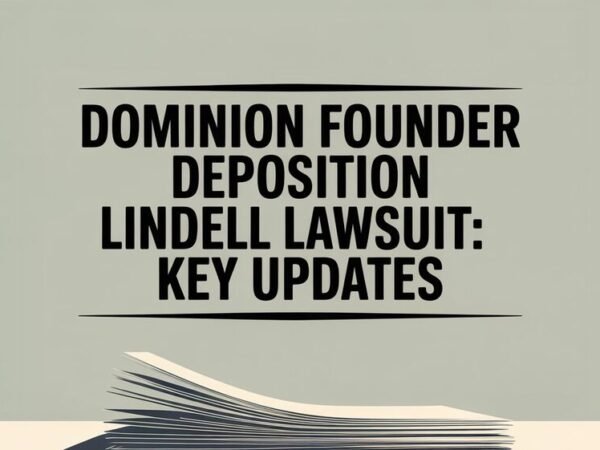Divorce is never easy, especially when emotions are running high, and both sides can’t agree on how to move forward. One of the most challenging parts of a contested divorce is dividing property. From shared homes and savings accounts to personal items and debts, determining who gets what can become a lengthy and stressful process. It’s not just about material things—it’s about starting over with fairness and clarity.
If you’re going through a contested divorce, one of the most important things to focus on is understanding contested divorce laws. These laws play a significant role in how assets are split, and having a clear grasp of your rights can make a big difference in the outcome. Knowing how the court views property and what factors are considered during division can help you prepare and protect your future.
Let’s break down how property division works in a contested divorce, what the courts look at, and what you should know before stepping into this kind of legal situation.
What Does “Contested Divorce” Mean?
A contested divorce happens when spouses can’t agree on one or more significant issues. These issues often include child custody, spousal support, or property division. When it comes to splitting property, both parties may want to retain the same assets or disagree on what is considered fair. Because there is no mutual agreement, the court must step in and decide for them.
This process involves a significant amount of paperwork, legal arguments, and, occasionally, testimony. A judge listens to both sides and uses state laws to divide the assets. It’s usually more time-consuming and expensive than an uncontested divorce.
What Counts as Marital Property?
Before the court can divide anything, it has to decide what property belongs to the marriage and what doesn’t. Marital property includes anything earned or acquired during the marriage. This might be your family home, joint bank accounts, vehicles, or even retirement savings.
Separate property, on the other hand, belongs to one spouse only. This might include things you owned before the marriage, gifts, or inheritance. However, if separate property is mixed with marital property, such as using inheritance money to purchase a shared house, it can become complicated.
How Do Courts Divide Property?
Most states follow either equitable distribution or community property rules.
- Equitable Distribution: This doesn’t mean everything is split 50/50. Instead, the court looks at what’s fair. Judges consider factors such as the length of the marriage, each spouse’s financial situation, who contributed more to specific assets, and who will be responsible for the debts.
- Community Property: In a few states, everything acquired during the marriage is considered jointly owned and is split equally, 50/50.
Each method has its own rules, and the outcome can vary based on the details of your case.
Factors That Affect Property Division
Several factors can impact how the judge divides property, including:
- Each spouse’s income and earning potential
- Whether one spouse stayed home to care for children
- Contributions made to shared assets
- The value of the property and debts
- Prenuptial or postnuptial agreements
- Any history of financial misconduct
The goal is to reach a result that’s as fair as possible under the law, though “fair” doesn’t always mean equal.
What You Can Do to Prepare
If you’re heading into a contested divorce, it’s essential to gather all your financial documents. This includes pay stubs, tax returns, mortgage papers, loan documents, and account statements. Being organized can help your case and present the court with a comprehensive financial picture.
It’s also a good idea to avoid making significant financial changes or hiding assets during this time. Judges don’t look kindly on dishonesty, and trying to manipulate the process can backfire.
Conclusion
Property division in a contested divorce is rarely straightforward. Emotions, legal rules, and financial concerns all become intertwined in a complex situation. But by understanding how the process works and what the court looks at, you can face it with a clearer mind and a more substantial plan.
If you’re in the middle of a contested divorce or thinking about filing, take the time to learn your rights and gather the proper support. With the appropriate steps, even the most challenging property disputes can be handled fairly and respectfully.
Do Read: Neighborhood Accidents and Community-Specific Hazards: The Benefit of Local Insight













